Meta set to launch commercial AI model, aims to compete with OpenAI and Google in generative AI race
3 min. read
Published on
Read our disclosure page to find out how can you help Windows Report sustain the editorial team. Read more
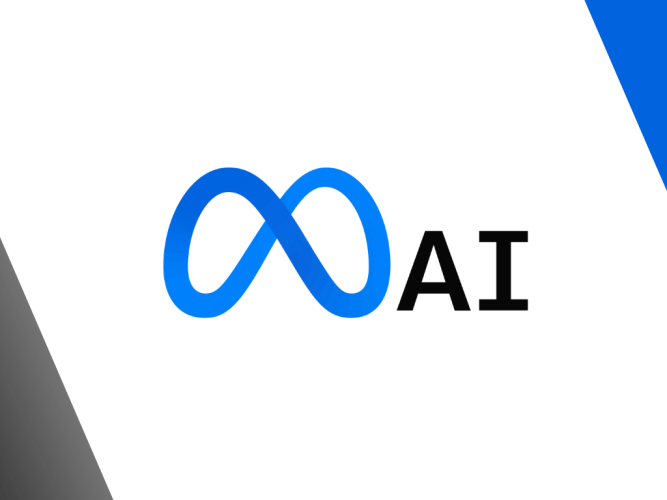
As reported by Financial Times, Meta is set to launch a commercial version of its AI model, entering the competitive field of generative AI development alongside Microsoft-backed OpenAI and Google. The software, fueled by large language models (LLMs), enables the creation of text, images, and code using extensive data training and computing power.
While Meta previously released its LLaMA language model exclusively to researchers, the forthcoming commercial version will offer broader accessibility and customization. Meta emphasizes that its LLMs are “open-source,” in contrast to the closed nature of competitors like OpenAI’s GPT-4.
This move comes as Silicon Valley tech giants vie for dominance in AI. Meta’s global affairs chief, Nick Clegg, extolled the benefits of an open-source approach, positioning Meta to catch up with rivals by allowing companies of all sizes to enhance the technology.
Despite Meta’s decade-long AI research, it lagged after the release of OpenAI’s ChatGPT, prompting a push to diminish OpenAI’s dominance. While Meta plans to monetize its AI model by charging enterprise customers for fine-tuning using proprietary data, there are no immediate plans for charging with the upcoming release.
Meta’s CEO, Mark Zuckerberg, aims to build a metaverse, investing over $10 billion annually. Meta established a generative AI unit led by Chief Product Officer Chris Cox to strengthen its AI focus. Executives hint at developing multiple AI chatbots across platforms like Instagram and WhatsApp, powered by Meta’s LLMs.
Open-source models allow for increased user adoption, leading to more data input and enhanced capabilities. They also enable bug detection and improvement in technology and security, addressing privacy and misinformation concerns. Providing free software can help corporations capture new markets.
However, open-source AI models present risks, including misuse by bad actors. Child safety groups report a rise in AI-generated child sexual abuse imagery. Meta’s previous AI model, BlenderBot 2, spread misinformation. Although BlenderBot 3 was improved, instances of false information generation remained.
Intellectual property and copyright pose regulatory and legal risks. Comedian Sarah Silverman filed a lawsuit against Meta and OpenAI, claiming her work was used to train models without consent. Meta’s VP of AI Research, Joelle Pineau, highlights that releasing something as open source doesn’t relinquish intellectual property rights.
Why this matters:
- Meta’s commercial release of its open-source LLaMA LLM allows companies to freely adopt and profit from this AI model.
- LLaMA is already a popular foundational model for many open-source LLMs, and now they can be used commercially.
- Meta’s chief AI scientist, Yann LeCun, hints at significant changes coming with open-source platforms that are as good as closed ones.
Game-changing for Meta:
- Open-source enables Meta to leverage the expertise of a vast developer community, driving rapid progress in AI development.
- Fine-tuning open-source models is affordable and fast, offering cutting-edge techniques like LoRA.
- The existing development of numerous open-source LLMs on LLaMA paves the way for widespread commercial use.
In conclusion, Meta’s upcoming commercial release positions it as a contender in the generative AI field. With an open-source approach, Meta aims to catch up with rivals and provide opportunities for businesses to enhance technology. However, risks associated with open-source AI models and legal considerations surrounding intellectual property persist.
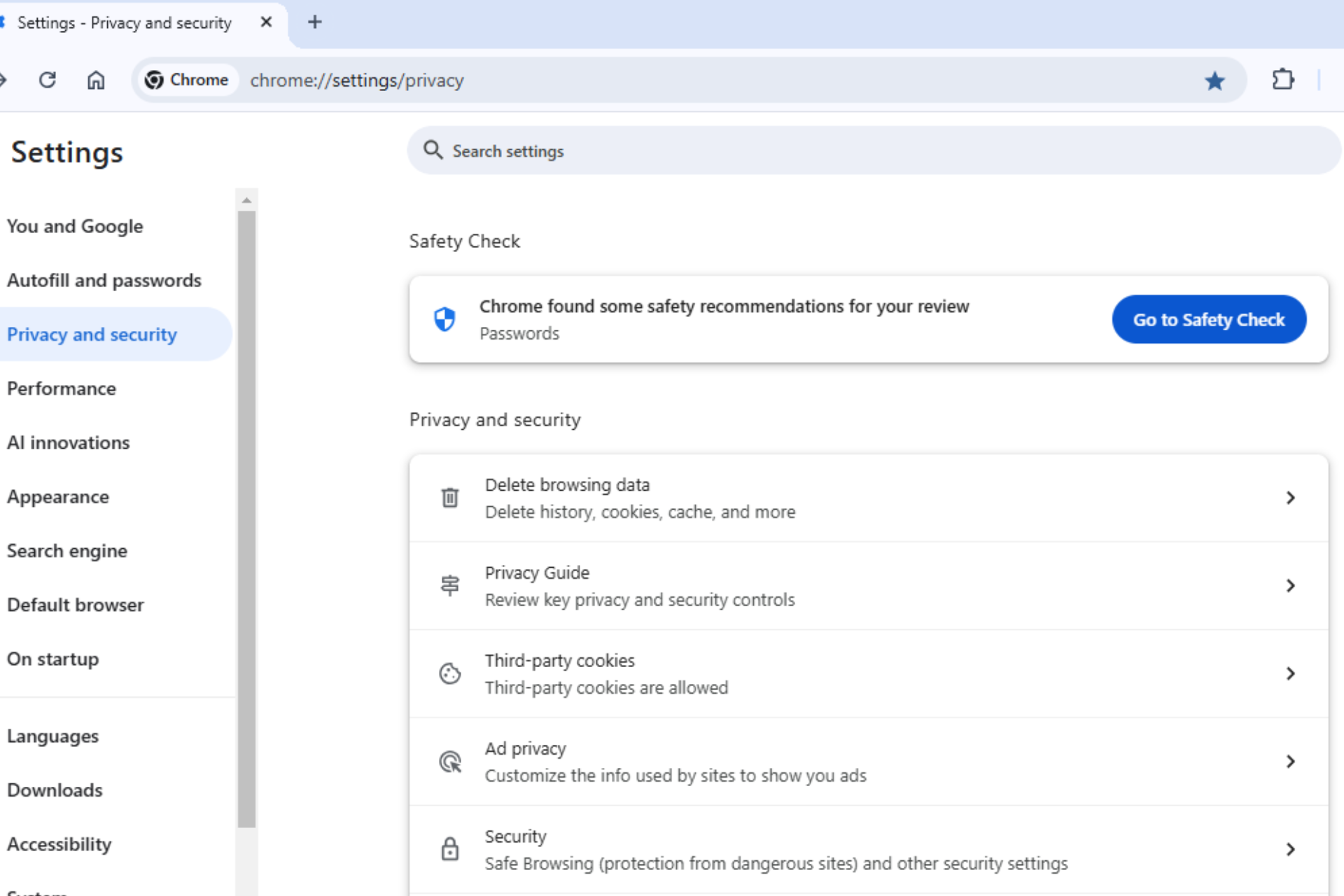
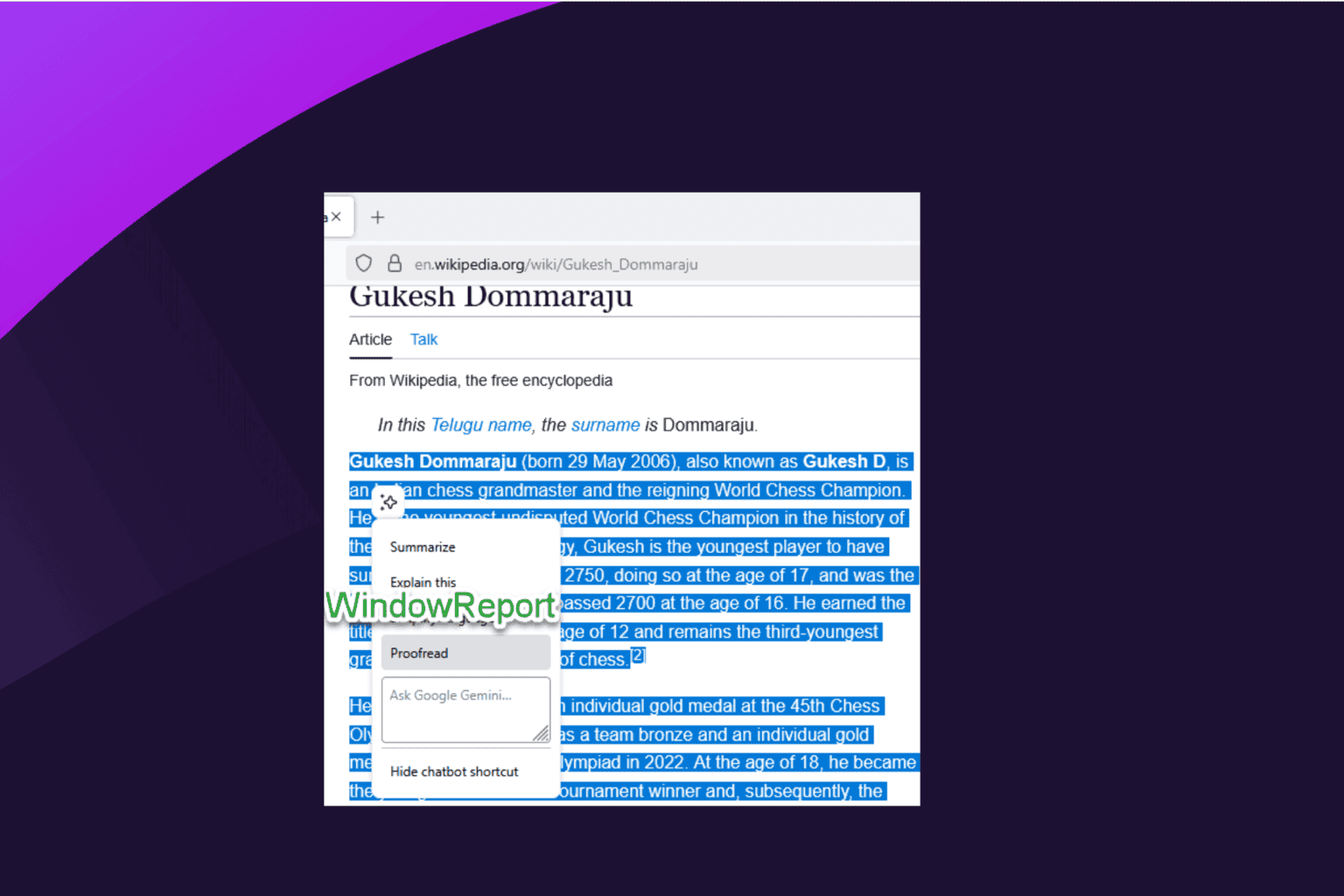
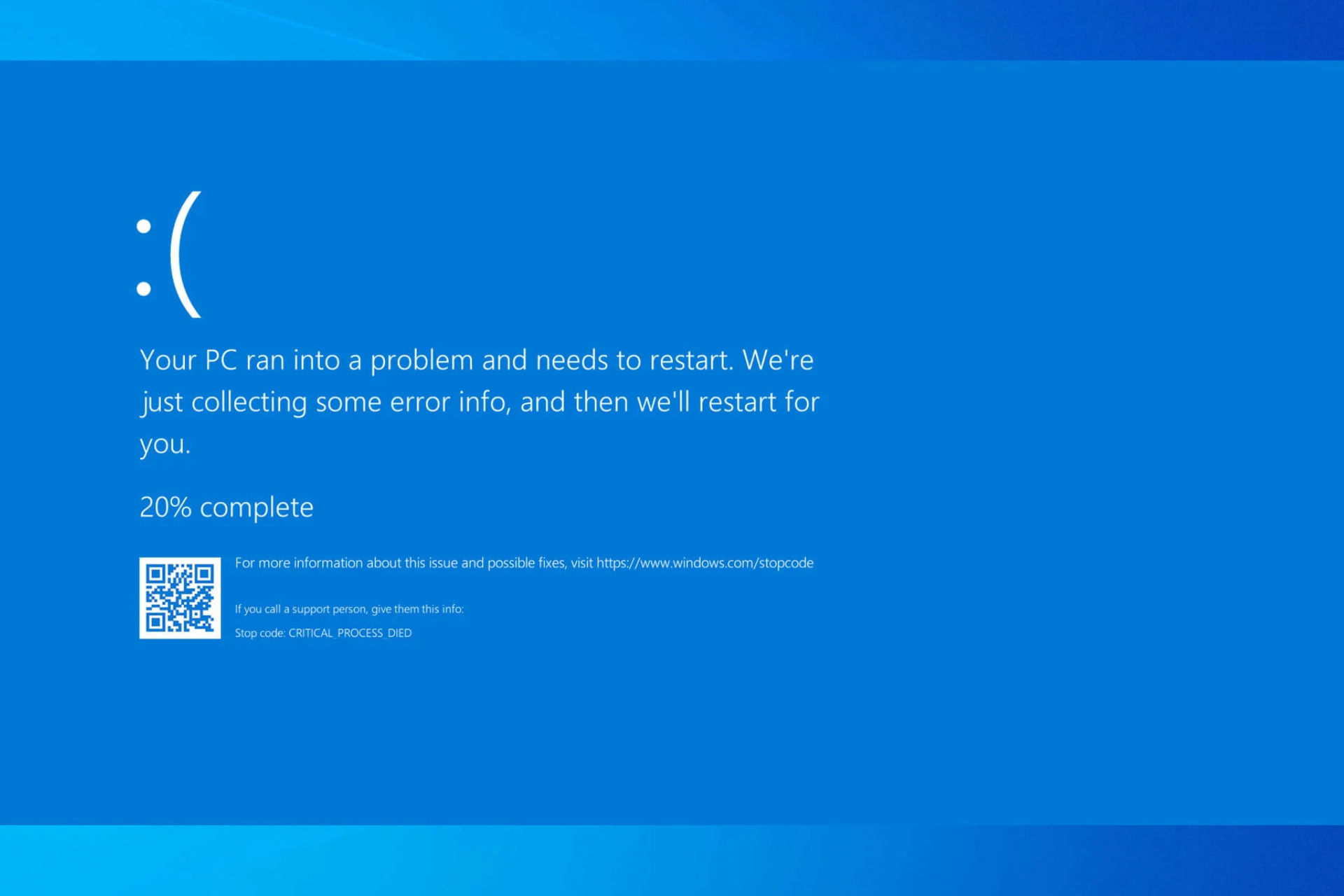
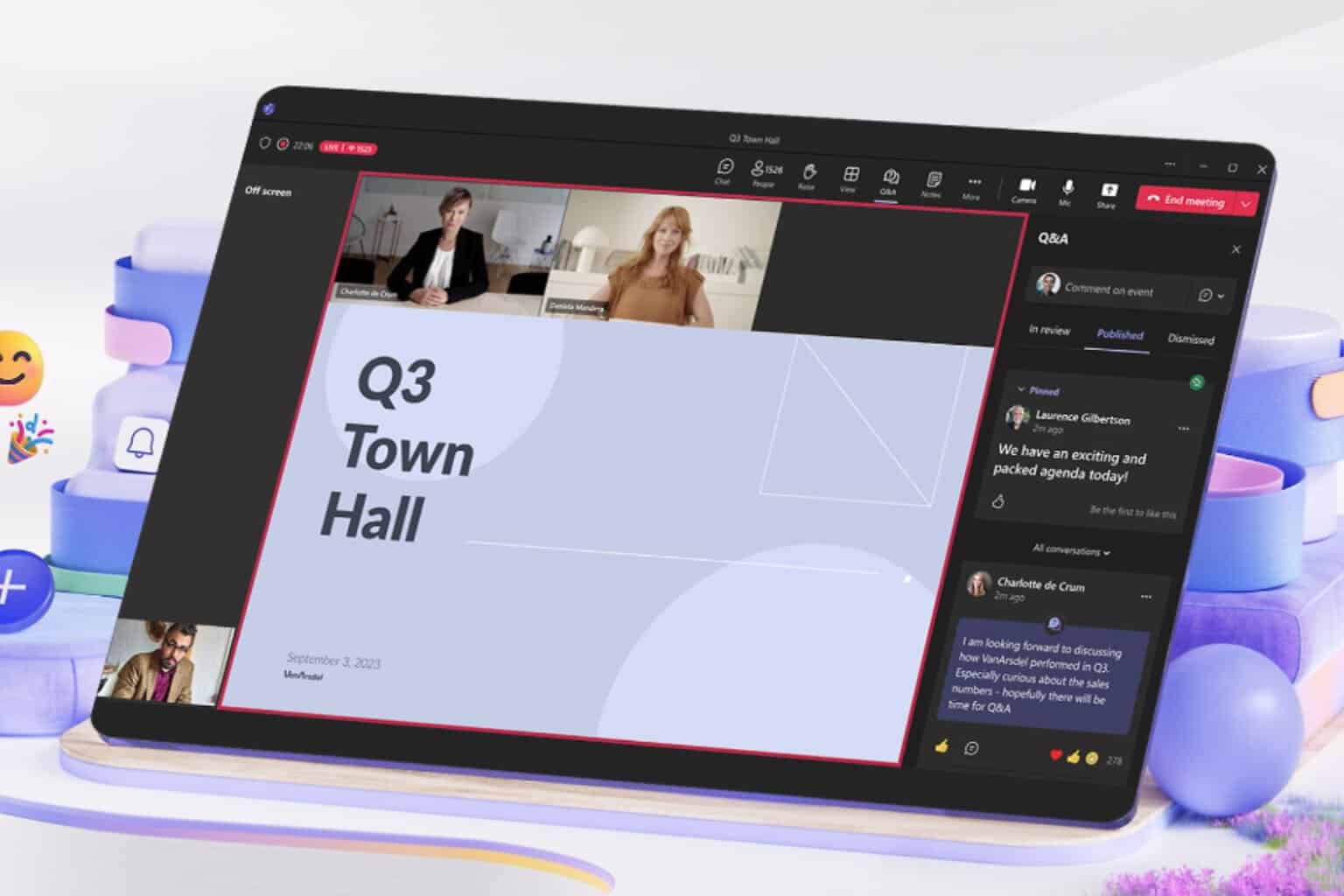




User forum
0 messages